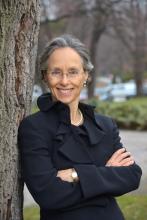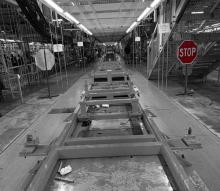Canada’s biggest solar farm, the 400-MW, 1,900-hectare Travers Solar Energy Project in Alberta, has received a C$500-million cash infusion from Denmark’s Copenhagen Infrastructure Partners that will allow Calgary-based Greengate Power to start construction at the site near the village of Lomond in Vulcan County.
Mar. 10, 2020


![[Source Images: ktsimage/iStock, NASA/Goddard Space Flight Center]](https://ecosocialistsvancouver.org/sites/default/files/styles/medium/public/article-image/p-1-90473758-what-if-the-world-reacted-to-climate-change-like-itand8217s-reacting-to-the-coronavirus.jpg?itok=JRnIW8pH)



